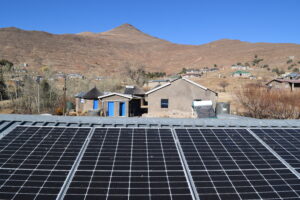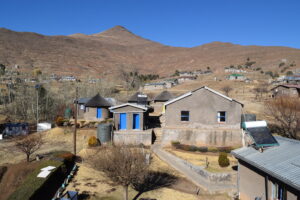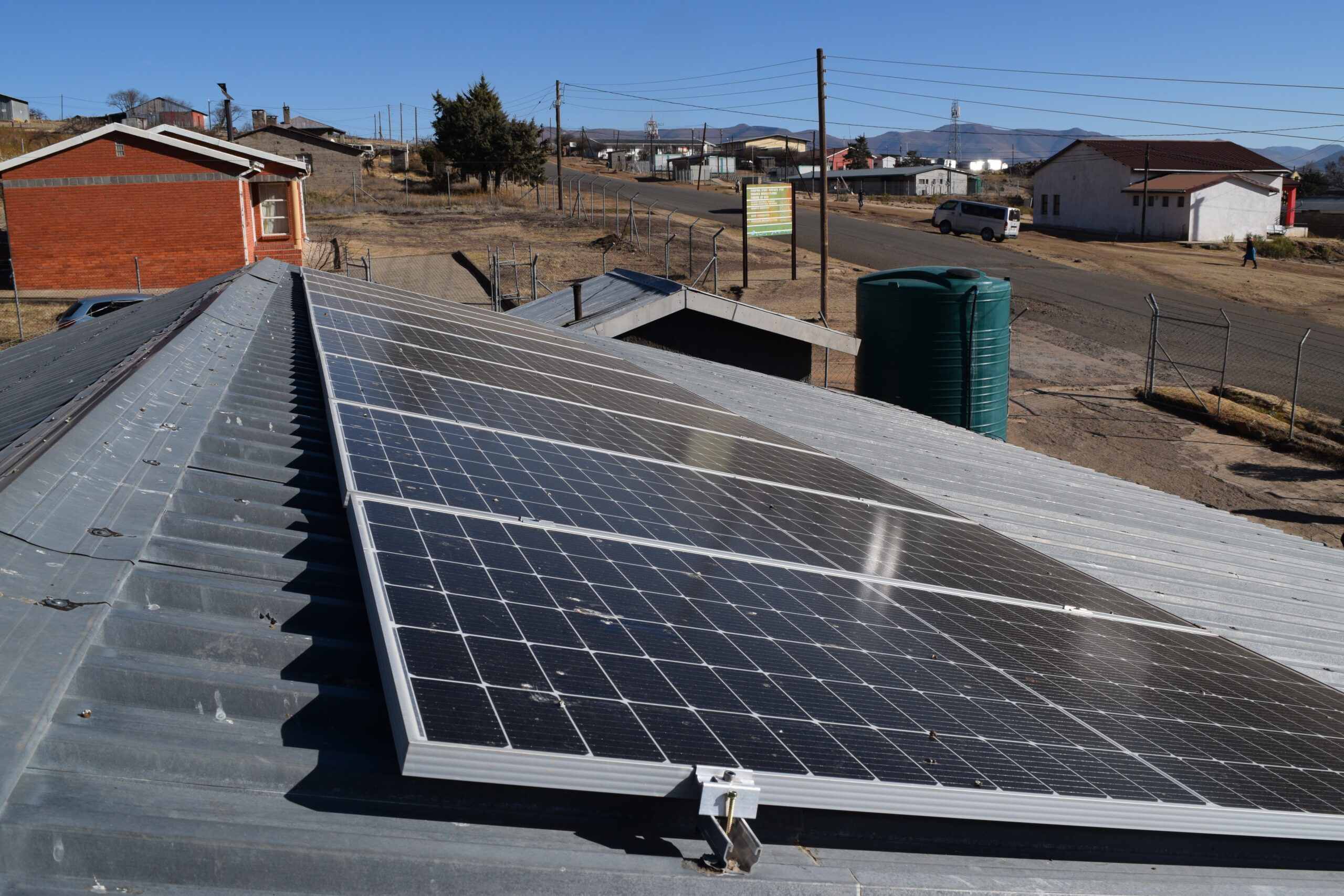Building a Brighter Future
In the picturesque district of Mokhotlong, where TTL works, the harsh reality of rolling blackouts has cast a shadow over the lives of its residents. Similar to the widespread power cuts experienced in South Africa, the erratic electricity supply has affected countless individuals, disrupting their day-to-day activities and leaving them grappling with the consequences. At TTL, we are determined to bring about a brighter future for the children in our care by embracing solar power throughout our entire campus as a sustainable solution to the challenges posed by these rolling blackouts.
South Africa’s ongoing struggle with loadshedding, enforced power cuts due to supply shortages, serves as a stark reminder of the repercussions faced by communities affected by this energy crisis. In Mokhotlong, these power cuts have been a constant obstacle for our organization, compromising our ability to provide uninterrupted care to vulnerable children and for our staff to effectively complete their work. From education to healthcare, the impact of loadshedding has permeated every aspect of TTL, hindering productivity and growth.
The decision to harness solar power at TTL was driven by our unwavering commitment to overcome these challenges. However, the installation of solar panels in a remote area like Mokhotlong presents its own set of logistical hurdles. The arduous task of transporting solar panels from suppliers to our location requires significant effort and coordination. Yet, fueled by our determination, we have successfully navigated these challenges once (as our Safe Home currently runs entirely on solar power), and we wish to do it again, allowing our entire campus to have access to reliable and sustainable energy.



A fully solar powered campus holds immense promise, not just for mitigating the impact of loadshedding but also for fostering a more sustainable and efficient future. Here are some benefits we anticipate:
- Uninterrupted operations: Solar power will enable us to provide uninterrupted care, ensuring the safety, warmth, and protection of the children, even during extended power outages.
- Cost efficiency: By harnessing the energy of the sun, we can reduce our dependence on costly and unreliable conventional energy sources, enabling us to allocate more resources towards critical programs and services.
- Environmental sustainability: Solar power is a clean and renewable energy source, reducing our carbon footprint and contributing to a healthier and more sustainable environment for future generations.
Additionally, exploring energy storage options, such as batteries, allows us to store excess solar energy for use during cloudy days or at night, further enhancing the reliability of our power supply.
We invite you to join us on this transformative journey towards a brighter future. Your support can make a profound difference in our work. By embracing solar power, we are not only empowering the children with consistent care but also paving the way for a more sustainable and resilient community.
To contribute to TTL’s solar power initiative please visit our page, here: https://www.thetinylivesfoundation.org/donate/
Together, we can create a brighter tomorrow.
The TTLF Fellow is a representative of the North American organisation The Tiny Lives Foundation. Based for one year in Mokhotlong, Lesotho, the TTLF Fellow serves in an administrative support capacity for the Basotho charity TTL.


0 Comments